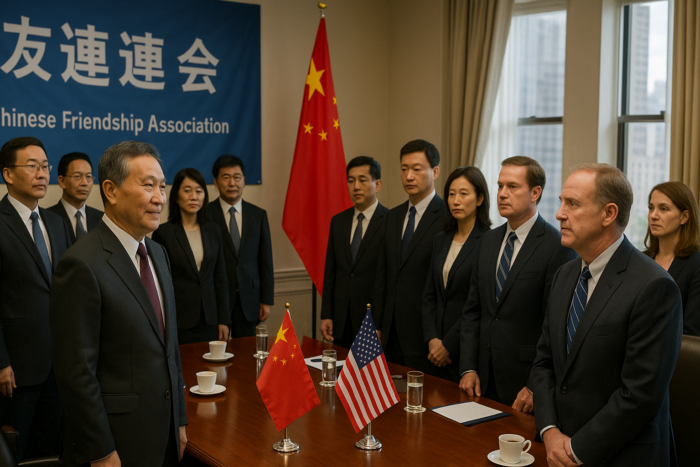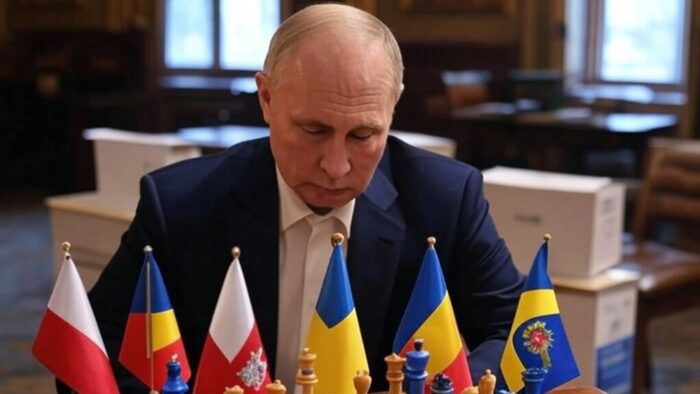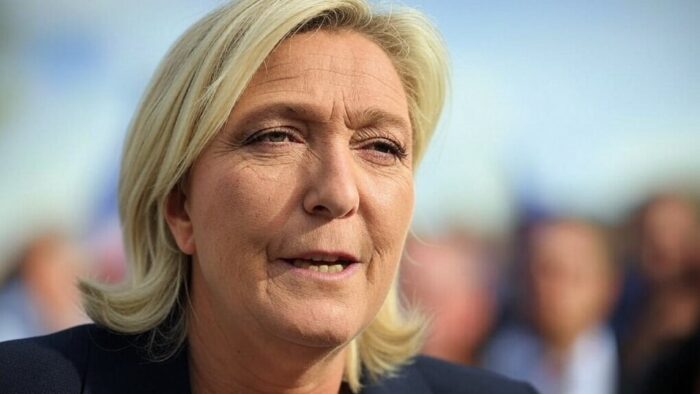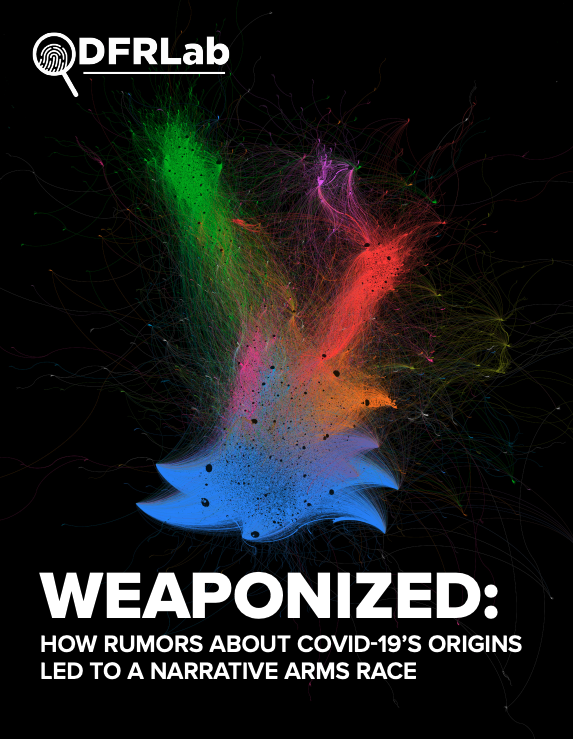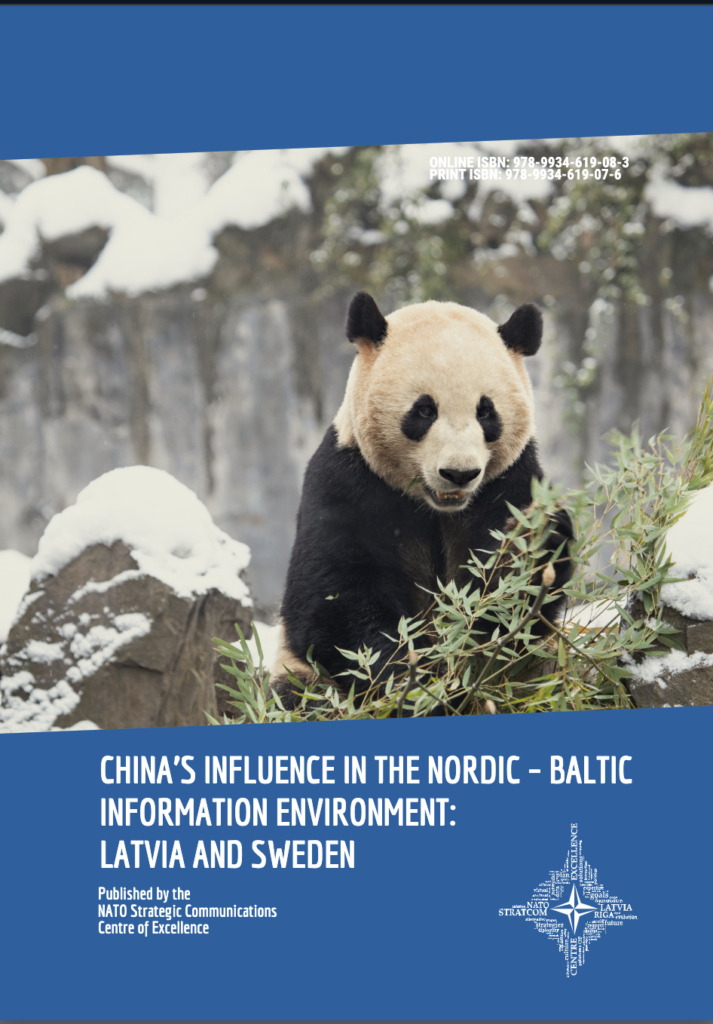Iran and China have recently signed a 25-year strategic agreement that aims to boost their economic and political cooperation in various fields, such as trade, energy, infrastructure, defense, and security. The deal, announced in March 2021, has been hailed by both sides as a historic milestone that will benefit their mutual interests and counter the influence of the United States and its allies in the region.
However, behind the scenes, Iran and China have also been engaged in a propaganda partnership that seeks to undermine the credibility of the West, especially the US, and portray themselves as responsible and successful actors in dealing with global challenges, such as the COVID-19 pandemic. Using a combination of factual manipulation and outright disinformation, Iran and China have been spreading false or misleading narratives through their state-controlled media outlets, social media platforms, and covert online operations.
Some of these narratives include:
- Claiming that COVID-19 was a US bioweapon that was deliberately unleashed on China and Iran or that it originated from a US military lab. These claims have been repeatedly debunked by scientific evidence and international investigations. Still, they have been amplified by Iranian and Chinese officials and media outlets, as well as by Russia, another major source of disinformation.
- Highlighting and exaggerating the failures of democratic countries in responding to the pandemic while praising their own efforts as effective and exemplary. Iran and China have downplayed or covered up their mismanagement of the outbreak, resulting in thousands of deaths and widespread suffering. They have also accused the US and its allies of hoarding vaccines, imposing sanctions, and spreading rumors.
- Disputing or denying the human rights violations committed by Iran and China against their own people or other countries. Iran and China have faced international criticism and sanctions for their repression of dissent, persecution of minorities, interference in neighboring countries, and support for terrorist groups. They have also tried to deflect attention from these issues by accusing the West of hypocrisy, double standards, or interference.
- Promoting their 25-year agreement as a strategic partnership that will bring peace and prosperity to the region and the world. Iran and China have both portrayed their deal as a win-win situation that will enhance their economic development, security cooperation, cultural exchange, and regional stability. They have also tried to downplay or dismiss the concerns raised by other countries, such as Israel, Saudi Arabia, India, or the US, about the potential implications of their alliance.
The propaganda partnership between Iran and China is unsurprising, given their shared interests and challenges. Both countries face increasing pressure from the US and its allies over their nuclear programs, human rights records, regional ambitions, and global influence. Both countries also seek to expand their soft power and legitimacy in the international arena by presenting themselves as alternative governance and development models.
However, this propaganda partnership also faces some limitations and challenges. First, given their different priorities, values, interests, and capabilities, it is unclear how deep or durable their strategic agreement will be in practice. Second, it is unclear how effective or persuasive their propaganda efforts will be in reaching or influencing their target audiences, given their lack of credibility, transparency, diversity, or appeal. Third, it is unclear how resilient or adaptable their propaganda efforts will be in facing counter-narratives or fact-checking from independent sources or platforms.
Therefore, while Iran and China may continue using propaganda to advance their interests and agendas, they may also encounter obstacles or backlashes that could undermine their objectives or expose their vulnerabilities.
References:
https://www.cfr.org/in-brief/how-china-ramped-disinformation-efforts-during-pandemic
https://mei.edu/publications/25-year-iran-china-agreement-endangering-2500-years-heritage
